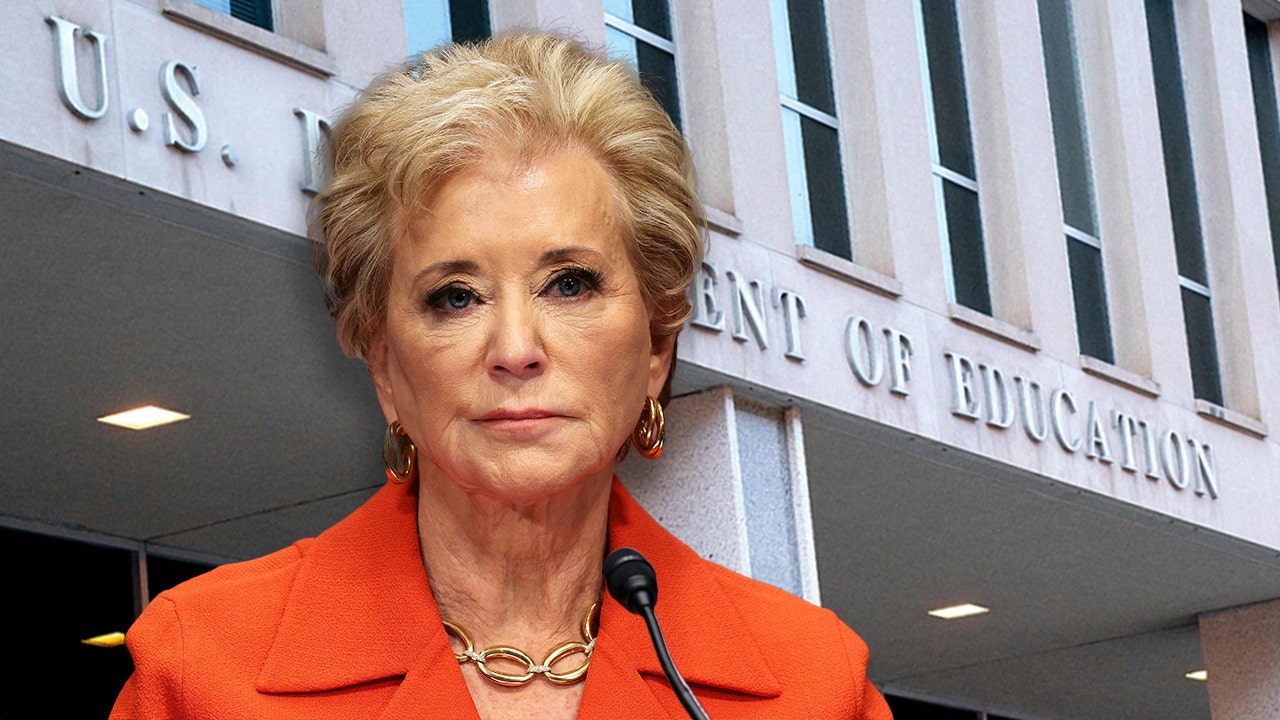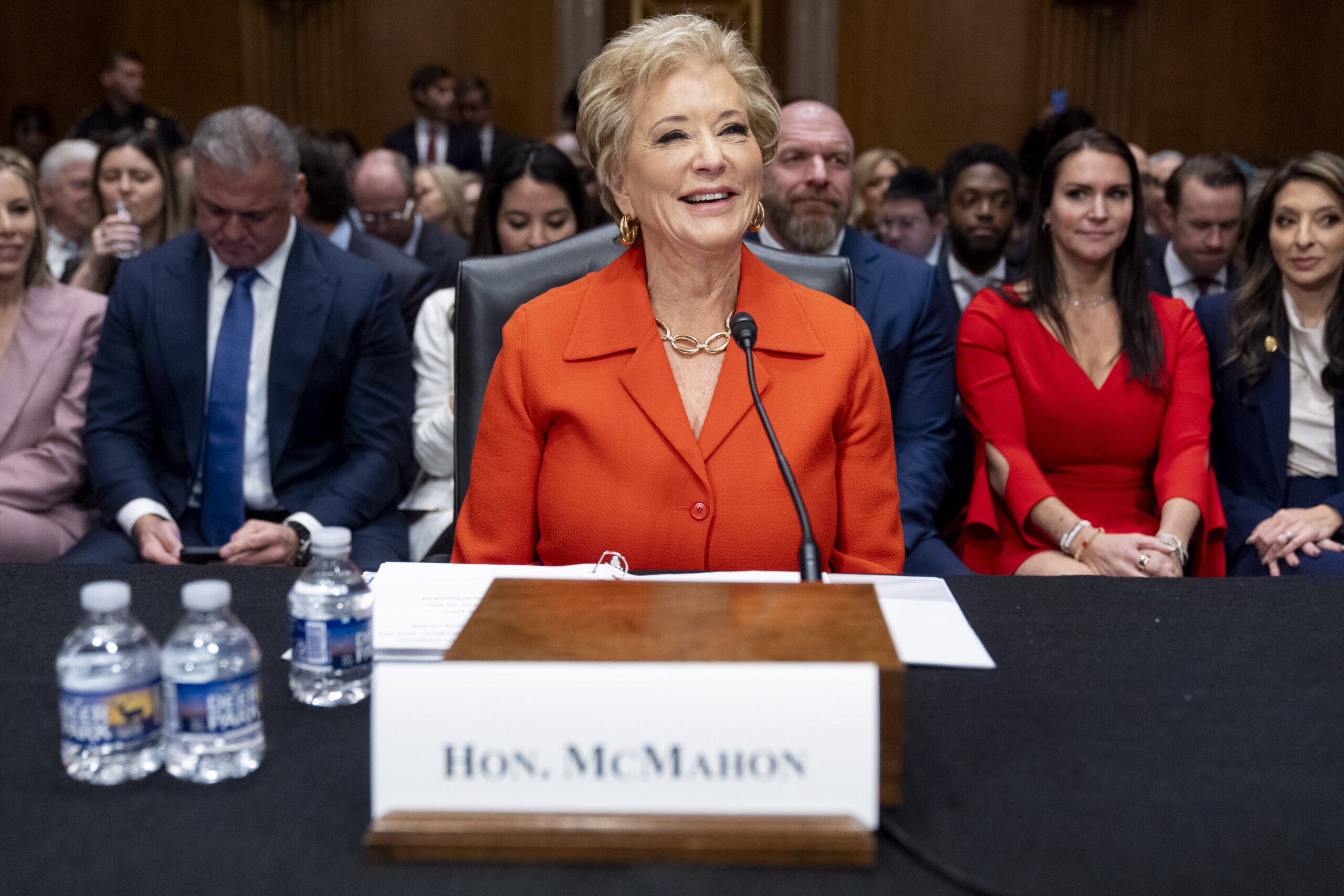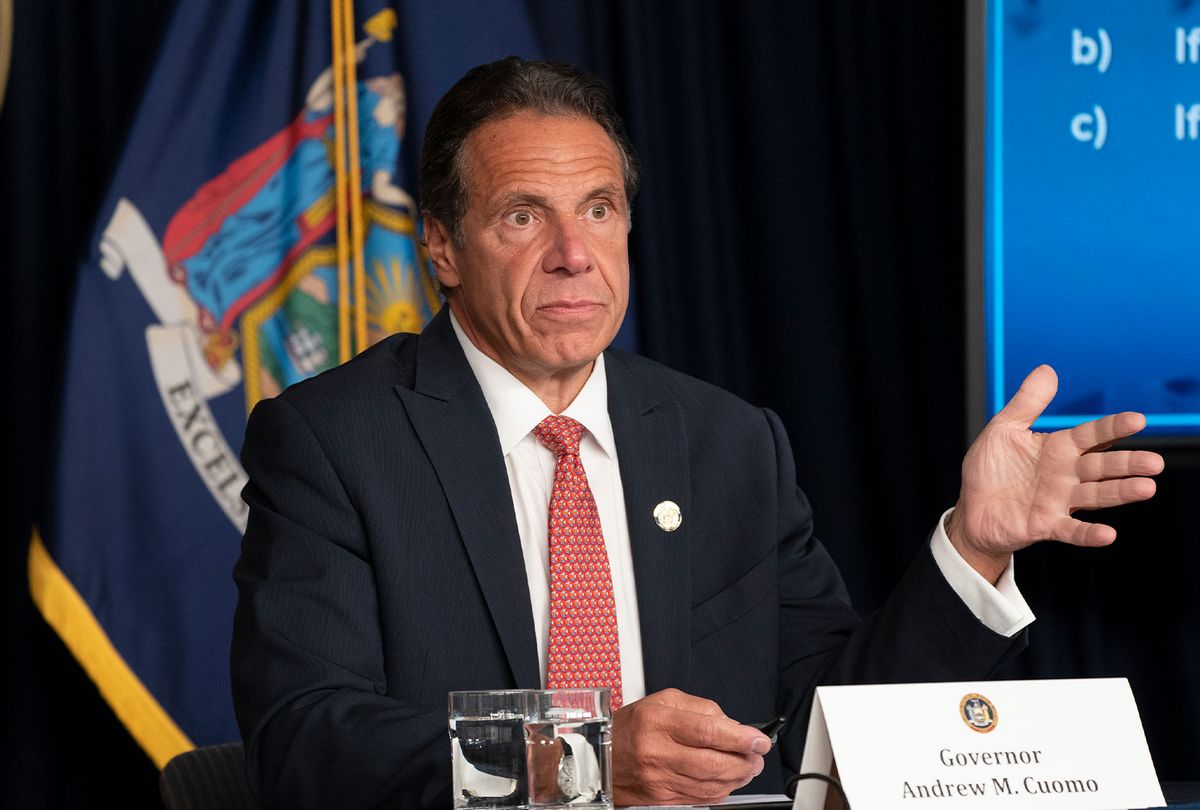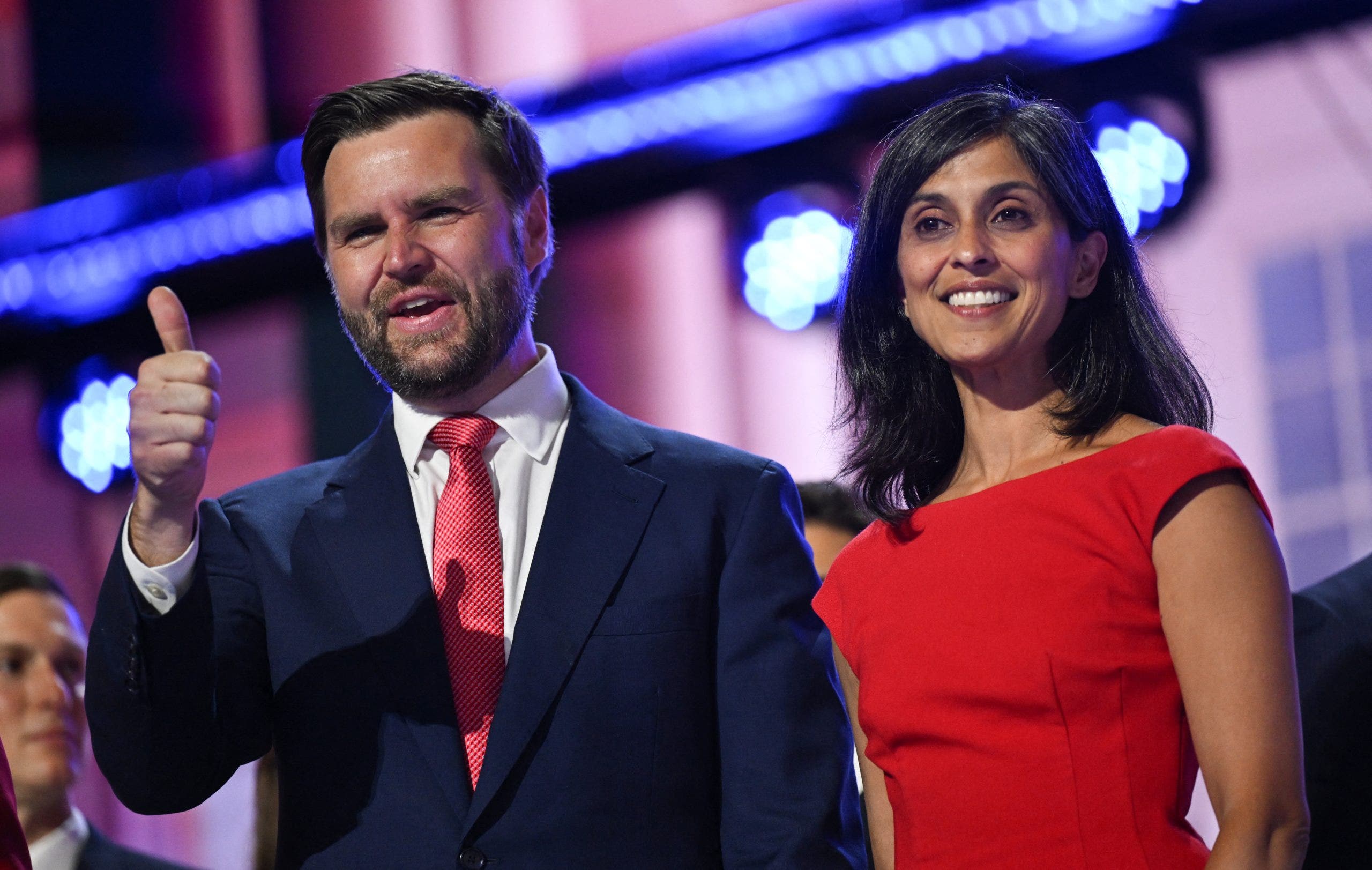Mark Goddard, the actor best known for playing Maj. Don West on the fanciful and popular 1960s science-fiction series “Lost in Space,” died on Tuesday at a hospice center in Hingham, Mass. He was 87.
His son John said the cause was pulmonary fibrosis.
Major West was the pilot of a spaceship carrying a family of five, a stowaway and a robot in the far distant future — the year 1997. On their way to help colonize a planet in the Alpha Centauri system, their ship went seriously off course, leaving the cast marooned on a different, inhospitable one (though luckily the atmosphere was suitable for human life).
That set the stage for encounters with giant spiders, rock monsters, frog people, cyborg armies, space hippies, alien prisons, intergalactic beauty pageants and titanium shortages.
The show — created by Irwin Allen, a producer later known for popular disaster films like “The Towering Inferno” — ran for three seasons (1965-68) on CBS. Major West was theoretically the romantic lead, a handsome single man in a uniform, and the first season hinted at a budding romantic relationship between him and the family’s oldest child, Judy (Marta Kristen). But that subplot soon faded into the background.
For various reasons, including being scheduled opposite the new comic-book-like “Batman,” “Lost in Space” changed in the second and third seasons from a science-fiction project to a campy series that was more comedy than adventure.
Mr. Goddard’s character no longer found himself setting up force fields, aiming his ray gun at rock-throwing giants, navigating rugged new planetary terrain or fending off kidnappers from another dimension. He was more likely to be left behind analyzing soil samples while Dr. Smith (Jonathan Harris), the saboteur stowaway, little Will (Billy Mumy) and the robot (Bob May, with the voice of Dick Tufeld) were off getting into trouble with a new creature or machine.
The other regulars in the cast were Guy Williams and June Lockhart as the space-traveling parents and Angela Cartwright as their other daughter.
Don was always the character most annoyed by Dr. Smith, and least sympathetic to him. He could be both hot-tempered and coldhearted, but he dutifully took a spacewalk, against his better judgment, to rescue Smith from the clutches of a seductive alien creature. If it had been up to him alone, he admitted, he would have let Dr. Smith drift through space for eternity.
Major West was a role Mr. Goddard had taken reluctantly, not being a fan of science fiction. In his 2008 memoir, “To Space and Back,” he referred to his space uniform, his wardrobe for the show, as “silver lamé pajamas and my pretty silver ski boots.”
Charles Harvey Goddard was born in Lowell, Mass., on July 24, 1936. He was the youngest of five children of Clarence and Ruth (Delaronde) Goddard. He grew up in nearby Scituate, Mass., where his father owned and managed the local five-and-ten-cent store.
Chuck, as he was known at the time, attended Holy Cross College in Worcester, about 70 miles away, with no particular career ambition. He became interested in acting after appearing in one college play, George M. Cohan’s “Seven Keys to Baldpate.” In 1957, in the middle of his junior year, he transferred to the American Academy of Dramatic Arts in New York. Two years later, he moved to Los Angeles.
He made his screen debut in a 1959 television movie that was meant to be a pilot for “The Joan Crawford Show.” (The series never happened.) He changed his first name to Mark at the suggestion of Chuck Connors, the star of “The Rifleman,” a western series on which Mr. Goddard made a guest appearance — no need to have two Chucks in the show’s credits.
After only three weeks in town, Mr. Goddard was cast in a network series. He played Cully, the young deputy sheriff in the short-lived western “Johnny Ringo” (1959-60). A former sharpshooter at a carnival, Cully was brave enough to stand up to armed robbers and bloodthirsty bounty hunters but sensitive enough to be traumatized after killing a man for the first time.
“All this time I’ve been handling guns and not knowing what they do,” Cully said after shooting a man dead in a saloon, in self-defense.
When “Johnny Ringo” ended after a year, Mr. Goddard joined the second season of “The Detectives,” a crime drama starring Robert Taylor. Mr. Goddard’s character, Sgt. Chris Ballard, was described by The New York Times as “a brash but efficient young police lieutenant.”
“The Detectives” ended its run in 1962. Mr. Goddard’s next series, “Many Happy Returns” (1964-65), a comedy with Elinor Donahue, was also canceled after just a year. Then “Lost in Space” came along.
When the show ended in 1968, he had difficulty finding acting jobs. He worked as an actors’ agent for a while, then had the opportunity to make his Broadway debut — in “The Act,” with Liza Minnelli, in 1977. Richard Eder of The Times said the production was “a first-rate cabaret show” but not really theater. It ran for eight months on star power alone.
After that, Mr. Goddard appeared in a horror movie, “Blue Sunshine” (1978), and made guest appearances on several series. He entered the world of soap operas in the 1980s, appearing briefly on “One Life to Live” in 1981 and “General Hospital” in 1985 and 1986.
Mr. Goddard was married three times. His marriage to Marcia Rogers (1960-68), a press agent at the time, ended in divorce, as did his marriage to the actress Susan Anspach (1970-78). In 1994 he married Evelyn Pezzulich, an English professor, who survives him. In addition to his son John, from that marriage, his survivors include two children from his marriage to Ms. Rogers, Melissa and Michael Goddard; two stepchildren from his marriage to Susan Anspach, Caleb and Catherine Goddard; two sisters, June Merrill and Patricia Panet-Raymond; and several grandchildren.
In his 50s, Mr. Goddard went home again. Returning to college after 30 years, he earned a bachelor’s degree in communications and a master’s degree in education from Bridgewater State College in Massachusetts. In 1991, he became a special-education teacher in Middleborough, Mass.
Even after he began teaching, he took a screen acting job every now and then. He made a cameo appearance in the movie version of “Lost in Space” (1998) and was seen in the movie dramas “Overnight Sensation” (2000) and “Soupernatural” (2010). But he no longer thought of himself as an actor.
“I had a wonderful life as an actor,” he told The Houston Chronicle in 1997. “But I didn’t want to be sitting around in Hollywood, kind of a halfway celebrity looking for his next job.”
Bernard Mokam contributed reporting.





















Discussion about this post